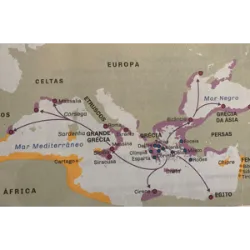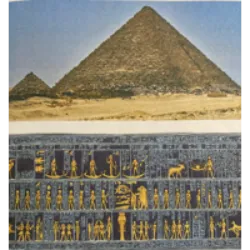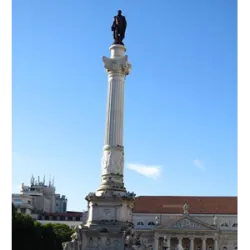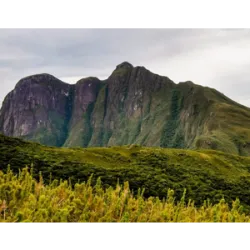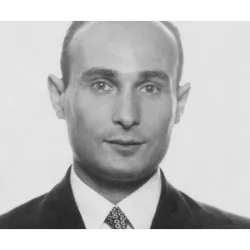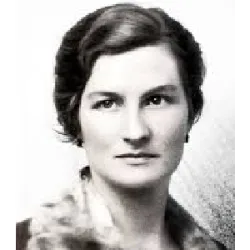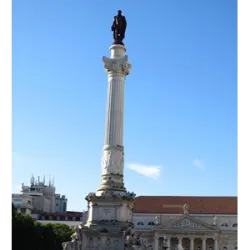Arrival of the Portuguese in Brazil (1500)
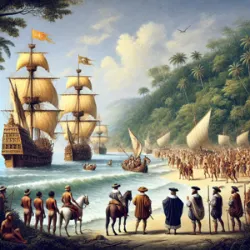
On April 22, 1500, Portuguese navigator Pedro Álvares Cabral, leading an expedition bound for the Indies, landed on the Brazilian coast, in the region that today corresponds to the state of Bahia. The historic event, which became known as the arrival of the Portuguese in Brazil, marked the beginning of Portuguese colonization in South America.
Initially, Cabral and his crew established contact with the local indigenous peoples, but without major confrontations. The arrival of the Portuguese was driven by the search for new trade routes and the expansion of the Portuguese empire, which was already prominent in maritime exploration. The territory, initially called "Ilha de Vera Cruz", was soon claimed for Portugal, according to the Treaty of Tordesillas, which divided the New World between Portugal and Spain.
The discovery of Brazil paved the way for the colonization and exploration of Brazilian lands, initially focused on the extraction of brazilwood, but which would expand over the centuries, with the establishment of an economy based on the production of sugar, coffee and other products. Cabral's arrival had a profound impact, altering the destiny of Brazil and transforming the region into one of the greatest colonial empires in history.
Did you know?
